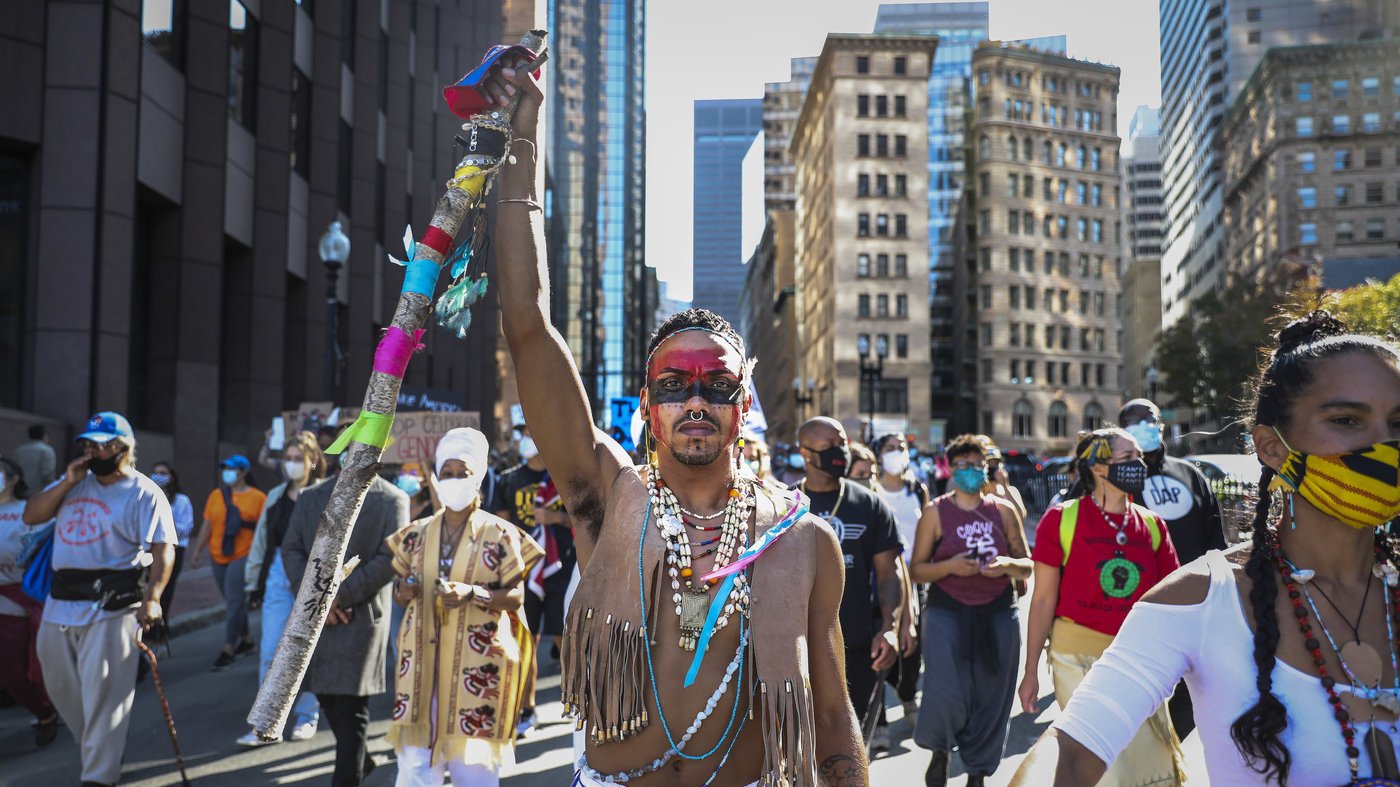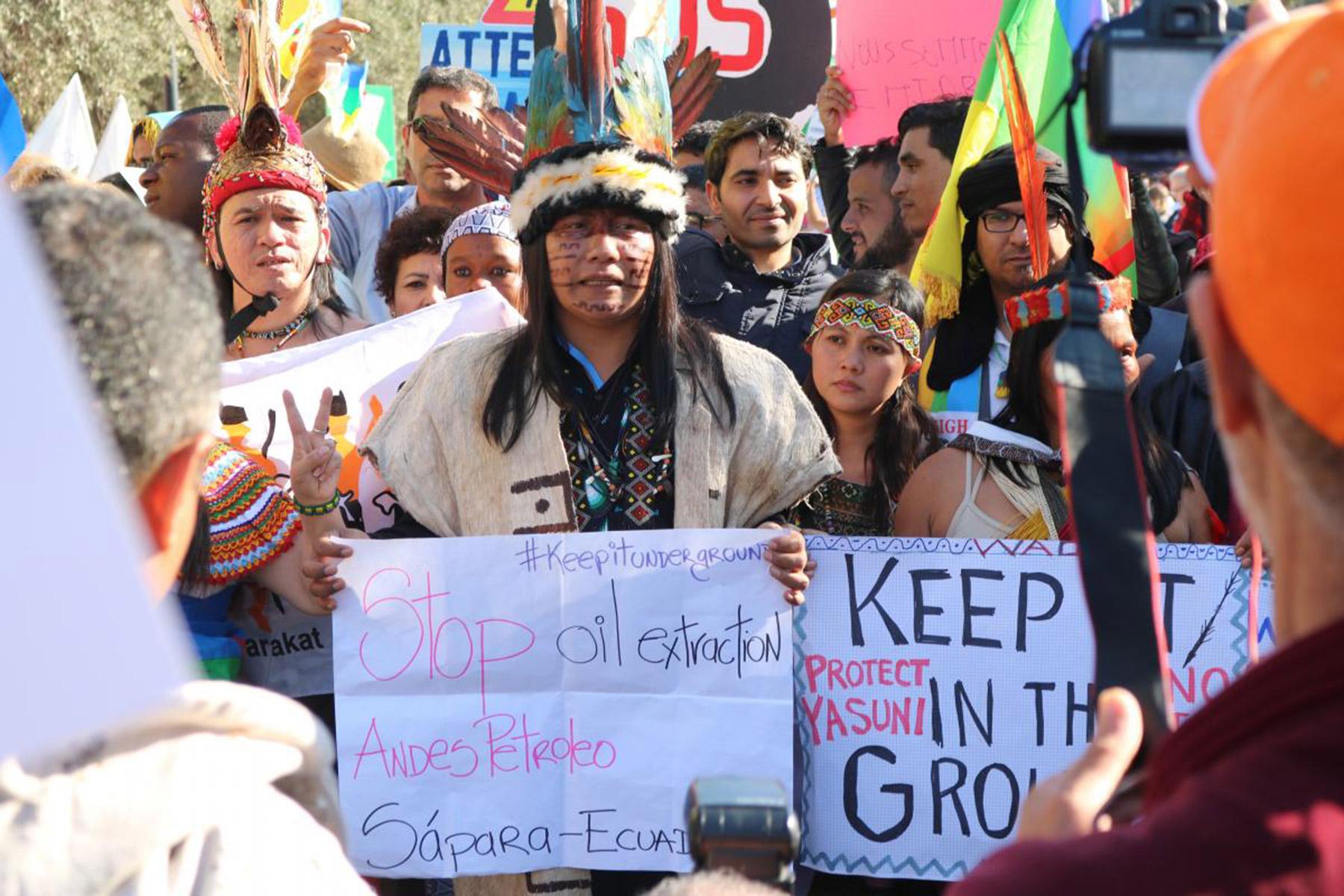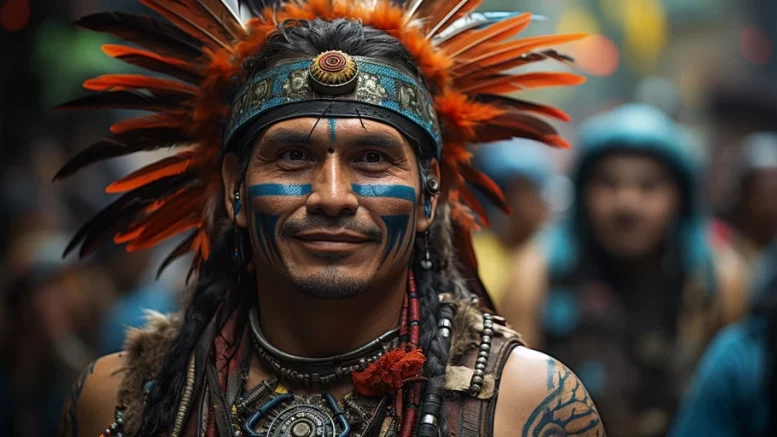The Indians, or indigenous peoples of America, exist and live in our time in various conditions, preserving their culture, traditions and way of life, adapting them to the modern world. It is important to note that the term “Native American” is not always preferred and may be perceived as outdated or negative. Many choose to use terms that reflect their specific ethnic background, such as the Navajo, Lakota, Cherokee, and others.
Indians in the modern world: traditions, adaptation, identity
Modern Indians live on reservations as well as in urban and rural areas, depending on where their communities are located. On reservations, which are areas set aside by the government for indigenous peoples, many Indians maintain their traditional customs and lifestyles, including language, religion, crafts and customs. They also often face socio economic problems such as unemployment, low levels of education and access to healthcare.
Those Indians who live in cities and off reservations often face challenges of assimilation and maintaining their culture in a more modern environment. They actively participate in social and political life, striving to protect their rights and interests, as well as to preserve their cultural identity.
Modern Indians are also actively working to preserve their language and cultural heritage. Many communities conduct language and traditional craft programs, events and festivals to preserve and pass on their culture to future generations.

One of the key issues for modern Indians is the conservation of natural resources and the struggle to protect their lands from exploitation and pollution. Many indigenous peoples are actively involved in environmental movements and initiatives aimed at preserving the environment and ensuring the sustainable development of their communities.
Thus, modern Indians continue to live and preserve their culture, adapting to modern conditions and fighting for their rights and interests in the modern world.
Famous modern Indians: contributions to politics, art and science
Famous contemporary indigenous peoples of the Americas have played important roles in a variety of areas of life, including politics, the arts, science, and activism. Their achievements not only help preserve the cultural heritage of their peoples, but also raise awareness of the challenges facing indigenous communities.
One prominent example is Deb Haaland, the first Native woman to become U.S. Secretary of the Interior. She is a member of the Laguna Pueblo Tribe and is known for her political activism to protect the rights of indigenous peoples and the environment. Her appointment symbolizes an important step in the recognition and integration of indigenous peoples into the highest echelons of government.
In the arts, Sherman Alexie, a writer and poet from the Spokane-Cour d’Alene Nation, stands out. His works, such as The Lone Ranger and Tonto in the Sky, have received widespread acclaim and explore complex issues of identity, racism and cultural heritage. Alexie actively participates in literary festivals and cultural events, representing the voice of indigenous peoples in the modern literary world.

In the field of science and medicine, the work of Dr. Lisa Montero, a Navajo public health specialist, is noteworthy. She researches and promotes health programs to improve the health of Indigenous communities. Her efforts to combat diabetes and cardiovascular disease among indigenous people have produced significant results and inspired many other initiatives.
In the field of sports, outstanding contributions were made by Jim Thorpe, who, although active in the early 20th century, is still an icon for modern athletes. As a member of the Sac and Fox Tribe, he won gold medals at the 1912 Olympics and became the first Native American to achieve such heights in international sports. His legacy inspires a new generation of athletes from indigenous communities.
These and other modern American Indian celebrities demonstrate the diversity and richness of the cultural contributions of Native American peoples. Their achievements help strengthen the position of indigenous communities in modern society, contribute to the preservation of their cultural heritage and stimulate further development and integration into the global context.

